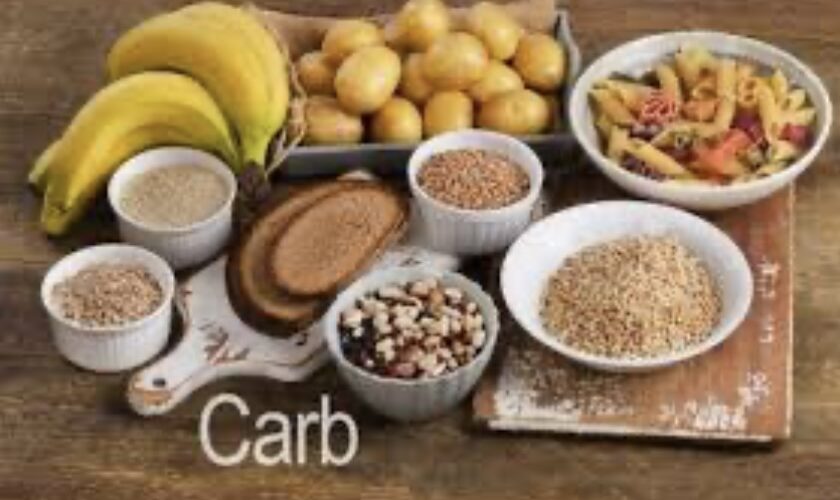The Deal With Carbohydrates
What comes to mind when you hear the word carbohydrates? Do you think of your favorite comforting foods that are full of carbohydrates? Do you think about all of the diet regimens that suggest you should eat little to no carbohydrates? Does weight gain come to mind when you think of carbohydrates? Do you run away from carbohydrates like the plague because of the bad reputation they have? Before you become more apprehensive about carbohydrates, allow me the opportunity to provide information on the value of carbohydrates in your diet.
Carbohydrates is one of the three macronutrients (protein and fat are the other 2) that our bodies need in order to properly function. The Dietary Guidelines for Americans recommends that 45-65% of our daily calorie intake come from carbohydrates. Carbohydrates are important because they convert into glucose, the primary fuel source of our body. They are also essential because the brain requires glucose in order to function. The adult brain needs about 20-30% of glucose provided daily. Some studies suggest that memory loss and subpar cognitive function can result from not having enough glucose. Once the liver converts carbohydrates into glucose, the glucose then travels via the bloodstream throughout the body to execute bodily functions. If the body does not need carbohydrates at the present moment, glucose is then converted into glycogen and stored in the skeletal muscle and liver for later use. Once the glycogen stores are full, any subsequent carbohydrates consumed are stored as fat. With that being said, consuming excess carbohydrates that are not ready to be used for everyday bodily functions and/or physical activity is what causes the weight gain that is blamed on carbohydrates.
Carbohydrates are classified as either simple or complex. Since simple carbohydrates consist of one or two sugars, the breakdown and absorption rates happen quicker than with complex carbohydrates. Because of the fast breakdown and absorption rate, simple carbohydrates may cause your blood sugar level to fluctuate in a rapid manner. Since complex carbohydrates contain three or more sugars, the breakdown and absorption rate is slower than with simple carbohydrates. Because of the slower breakdown and absorption rate, complex carbohydrates are a more sustainable source of energy.
Carbohydrates are very diverse in how beneficial they are to your diet. There are some simple carbohydrates that are healthful (ex: some fruits, yogurt, milk) while others are not so healthful (ex: cake, soda, table sugar). Complex carbohydrates tend to be fiber rich and nutrient dense, giving them the characteristic of being a more sustainable source of energy. Some complex carbohydrate examples include brown rice, spinach, and beans. You have to consider what nutrients (or lack of nutrients) are in these foods when considering what to incorporate into your diet.
What were your thoughts about carbohydrates before reading this blog entry? What are your current thoughts regarding carbohydrates? I hope this entry makes you feel more empowered with implementing carbohydrates in your nutrition journey.




I love carbs – they’re so satisfying! I agree that they’re our primary source of energy and needed by the brain. Healthy carbs and fats are needed to supply enough calories to spare muscle protein and a variety of micronutrients. It’s unfortunate that carbs are often perceived as bad. Sweets and refined grains are immediately thought of, but carbs also include fruits, vegetables, legumes, and dairy. It helps to distinguish the different carbs – thank you for writing this. And if not-so-healthy carbs are craved and eaten, they should be accounted and compensated for with healthier choices. Balance is key to healthy, joyful living 🙂